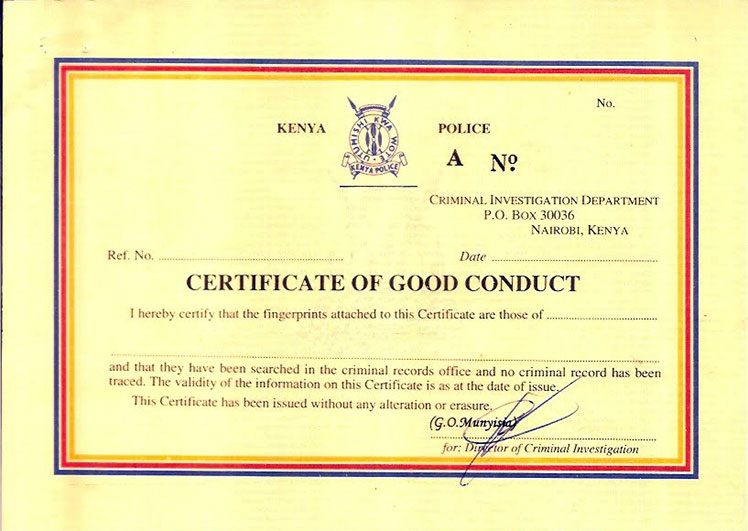"You don't have to look bad to be genuine", says the man who's on a mission to put his homegrown honey brand on the map.
Alex founded his company in 2012 with the mission of processing naturally grown fruits into juices, fruit powders and fruit bars. The process, however, required more capital than he could lay his hands on. In 2016, he shifted his focus to selling something that required minimal capital investment and management- honey. At the start of his journey, brokers would come, buy the honey at very low prices, repackage it and then sell it at much higher prices.
In April this year, the COVID pandemic gave Alex an opportunity to focus on improving his business model. Together with his team, he found an opportunity to not only empower and partner with the farmers during and post the pandemic, but, and more importantly, offer the nation a more hygienic and convenient option for consuming honey.
In this interview, Alex tells us about the problem his business is trying to solve and the challenges he has faced along the way.
What problem is Tiara Honey trying to solve?
Firstly, we saw that there was a huge gap in the market in terms of packaging of honey, so we began packaging ours in 10gms sachets which are also more affordable to low-income consumers (a single sachet goes for Ksh 8).
Secondly, there was the issue of hygiene and wastage in hotels and restaurants, especially during this pandemic period. When most restaurants serve you the famous mixture of ginger, lemon, hot water and honey best known as Dawa, they tend to serve the honey in a separate open dish. If you don't consume it all, it is either thrown out which leads to wastage and increased costs or reused which leads hygiene concerns. With our precise packaging of 10 gms per sachet, our product solves both of these problems for hotels and restaurants. And since it comes as a stock item, establishments are able to control their product costing and manage their inventory more accurately.
Another inspiration for our product emanated from the fact that many consumers lack access to pure/raw honey at affordable rates and in a consistent manner. The market is flooded with unscrupulous traders whose sole motivation is making money. We saw the gap to build a lasting relationship based on trust in the Tiara Honey brand with our consumers.
Lastly and most importantly, ours is a story of empowerment. We believe in embracing technology and innovation to offer sustainable agribusiness solutions to our ecosystem. We believe that, together with the community of farmers around us, we can achieve great things by tapping into our collective abilities.
What has been the biggest challenge in growing your business?
Changing consumer perceptions about our product. Because of the high number of unscrupulous traders out there, the general market tends to assume that Kenyan honey is adulterated. Nine out of ten people you meet will first ask whether the honey you are selling is pure. This is a major stumbling block since it clearly indicates that subconsciously our consumer does not trust our product from the onset. To make things worse, there is this Kenyan myth that the honey that is unbranded or carelessly packed honey is the genuine honey. This makes our work of selling our well-packaged honey an uphill task.
Read the full interview on Qazini





